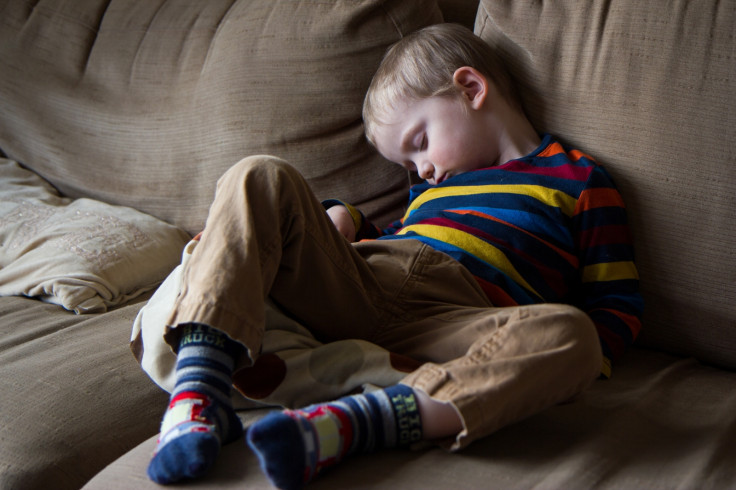Why am I so tired?
Do you really need eight hours sleep? Everything you need to know about sleep.
Not getting enough sleep doesn't just lead to fatigue, slower reactions and shorter attention span. It has also been linked to health problems such as increased obesity, high blood pressure and heightened risk of death.
As many as one in three people don't get enough sleep, and why it is so essential for health is a bit of a scientific mystery. Spending prolonged periods asleep is also a dangerous thing to do, making animals much less responsive and so more vulnerable to predators.
Why do we sleep?
Sleep is thought to have many functions, and there are many competing scientific theories on why we need to sleep. One is that we consolidate memories during sleep. Many studies have found that sleep can improve our memory recall. Another is that the body clears toxins from the brain during sleep.
How much sleep does the average person need?
The National Sleep Foundation suggests seven to nine hours' sleep for adults aged 26-64, the Mayo Clinic agrees and the NHS advises adults to get eight hours' sleep. But many researchers say that these rules have been plucked out of nowhere, and there's no hard and fast rule for how much sleep an adult needs. Some papers suggest that six hours' sleep is the core amount required, although an extra two to three hours on top of that gives some health benefits.
What habits disrupt sleep?
Exposure to bright light in the evening has been shown to lead to poorer quality sleep. However, exposure to high light levels earlier in the day can help to reset the body's internal clock. Studies have shown that camping – with much more exposure to daylight than ordinary modern life – can help people suffering from insomnia due to a body clock that has been thrown off time because of unnatural patterns light exposure.

What happens if you don't get enough sleep?
People who report regularly only spend a short period asleep are more likely to be obese than people who sleep a lot. The effect is more pronounced for young people, according to a review in the journal Obesity (Silver Spring). Short sleep in all ages has also been linked to an increased risk of mortality.
Is it normal to wake up in the night?
Many people who wake up in the middle of the night can feel anxious about it and worried that they are not getting sufficient sleep. However, some people have argued that humans historically always divided the night into two periods of sleeping – first sleep and second sleep. Historian Roger Ekirch of Virginia Polytechnic Institute and State University argues that before the industrial era, people would make good use of the time between sleeps to do chores and socialise, among other things.
However, many medical researchers argue that if the time spent awake in the middle of the night is excessive and leads to people sleeping very little, then it can be linked with with various health problems.

Is napping bad for you?
There is a strong link between napping in the day and increased risk of respiratory diseases and of mortality overall. However, scientists do not have a firm answer about whether there is a direct causal relationship between napping and health risks. It could be that people who have health problems are more likely to feel tired during the day, and so more likely to nap. So it's not yet clear whether napping is actually bad for you or not.
Is all sleep equal?
It's not just all about how much sleep you get – quality is as important as quantity. Sleep quality depends on factors such as how easy it is to get to sleep, how disturbed your sleep is, whether it relies on sleeping medication and how functional you are the following day, according to measures such as the Pittsburgh sleep quality index.

Do young people need more sleep than old people?
Young people say they feel tired much more often than older people do, despite the fact that older people sleep for shorter periods and spend less time in deep sleep. Some studies have reported that older adults have a shorter maximum sleep capacity than younger adults. However, other studies argue that older people do not need any less sleep than younger adults but that it is the ability to sleep decreases with age.
Can I pay back my sleep debt by sleeping more at the weekends?
The idea of a "sleep debt" is the difference between the amount of sleep we need and the amount that we get during the week. For people who work Monday to Friday, this often appears as a shifted sleep pattern during the weekend, where people will sleep longer on a Saturday and Sunday in an attempt to catch up on sleep. A study in children suggests that there are some benefits of catching up on sleep, finding that children who did not catch up at weekends or during holidays were at a higher risk of obesity.

© Copyright IBTimes 2025. All rights reserved.





















